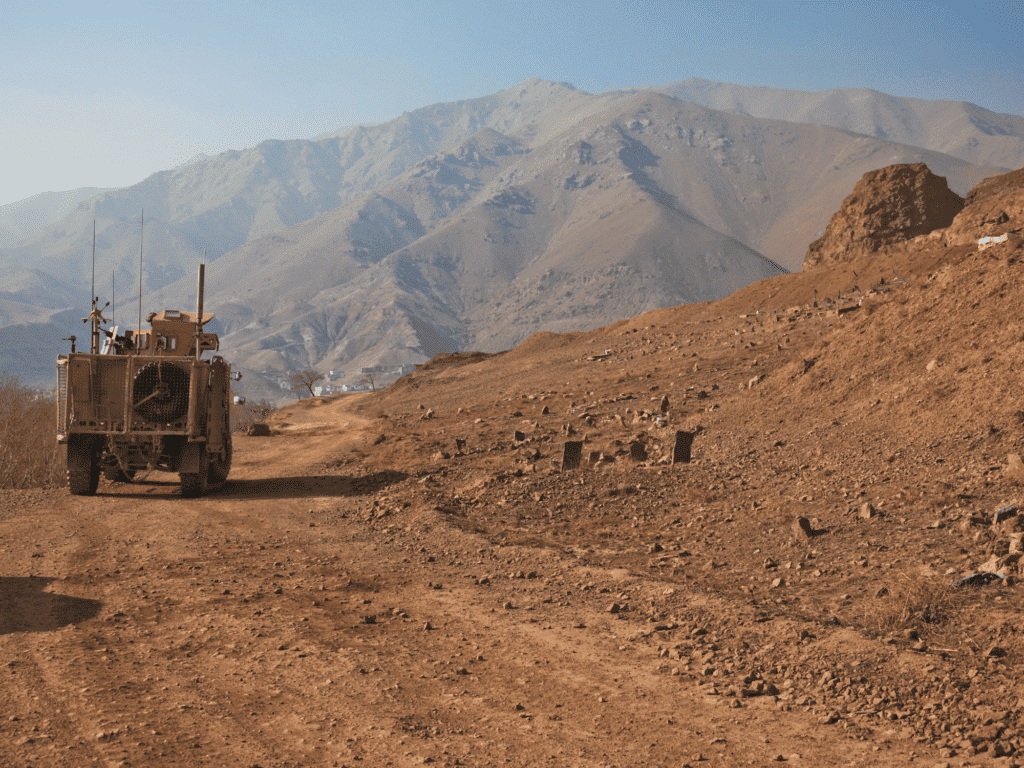Within the past decade, The United States has invested $10 billion in Afghanistan – but for something other than what you might be thinking.
The $10 billion has gone towards putting an end to the growing opium problem throughout the war-torn, Al-Qaeda infested country. In 2013, nearly 520 acres of land in Afghanistan were specifically utilized for growing opium alone. Opium has proven to be one of the biggest sources of profit for Afghanistan, as their crops produce 80% of the world’s opium and allow them to rake in billions of dollars a year ($3 billion in 2013 according to the U.S. government).
The obvious danger with allowing Afghanistan to continue to produce opium and distribute it worldwide is that more and more people will be able to get their hands on the highly addictive drug and possibly end up with a dependency problem. Opium can be abused in its original form, however is most commonly used as the main ingredient in the production of heroin, a drug that is quickly taking the lives of millions of people here in The United States alone.
However, the fact that The United States and other countries have not been successful in stopping the production of opium in Afghanistan puts the rest of the world in a much more complicated and dangerous position. Not only does the opium grown here go on to cause addictions in people in all corners of the world, but it continues to empower a country that some would argue should be powerless.
The Taliban, based in Afghanistan, receives a $400 million annual budget, and the sales of opium within the country contribute to one quarter of that budget. Therefore, as long as opium sales are up and continuing to rise, the Taliban will continue to be fueled, leading to a more dangerous international crisis that supports terrorism and the growth of it.
In addition, the growth and distribution of opium at this rate puts all of the people of Afghanistan in a compromising situation. The bigger this business becomes, and more violence, corruption and political instability ensue. Any government that is trying to be effective in the country faces insurmountable obstacles as it looks to try and control opium production. Afghanistan and its potential for eventual stability continues to hang in the balance.
In 2007, there were 476 acres dedicated to the growth of opium. Today, the numbers continue to rise and the Taliban keeps utilizing the profits of these opium fields to support terrorism and insurgency worldwide.
Author
-

President, CEO & Founder at Northbound Treatment Network
Paul Alexander is the CEO, President & Founder of Northbound Treatment Network in Newport Beach, California. He believes wholeheartedly in transformational leadership, organizational health and effective, fully integrated substance use disorder and mental health treatment. With over 27 years of experience in behavioral healthcare, Paul has extensive knowledge of “in vivo” treatment modalities, clinical development, operations, strategy, marketing and financial planning. He has been widely recognized for his development of collegiate-based residential treatment programs for students in recovery and authored a research study at The University of California confirming this modality’s effectiveness.
Paul’s comprehensive professional experience, willingness to innovate, and emphasis on organizational health are vital factors in Northbound’s continued success. Paul received his Certified Addiction Treatment Specialist training at Saddleback College in Mission Viejo, CA, and was awarded Outstanding Alumni Service Award in 2002. Paul holds a Bachelor of Arts degree in Criminology, Law and Society, Summa Cum Laude, from University of California, Irvine, and a Juris Doctorate degree from Loyola Law School of Los Angeles. Paul currently serves on The National Association of Addiction Treatment Providers (NAATP) board. In addition, he serves on The Family Recovery Foundation board and The CarePossible board in Orange County; both organizations are committed to raising funds for family recovery and treatment for former military personnel. Paul is in recovery himself and lives in Orange County with his wife Silvana and his two young sons, Noah and Dean.










